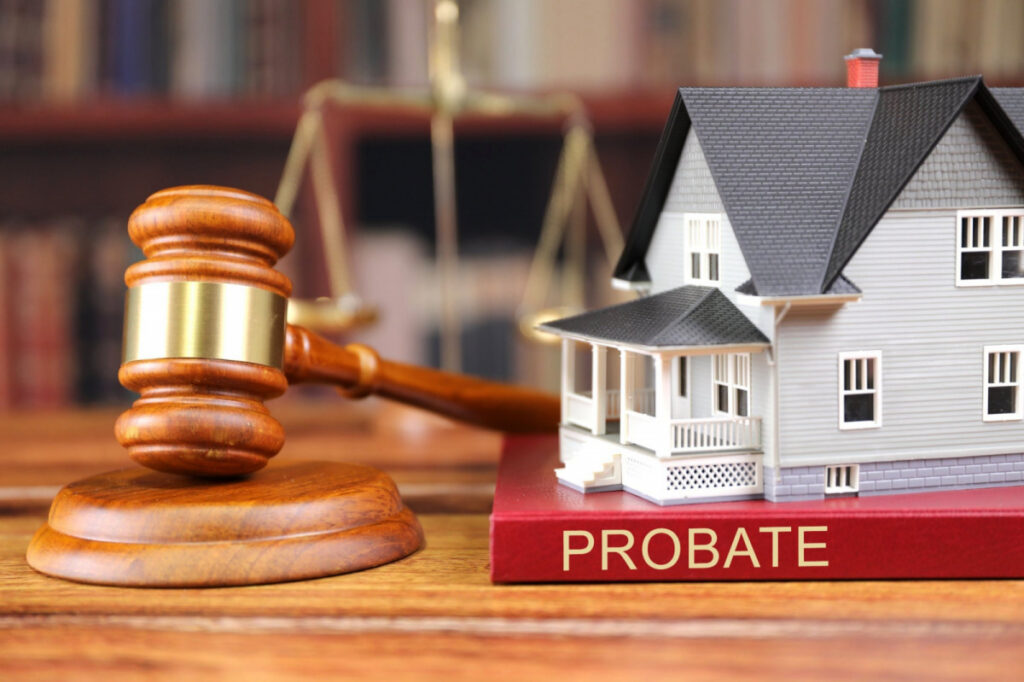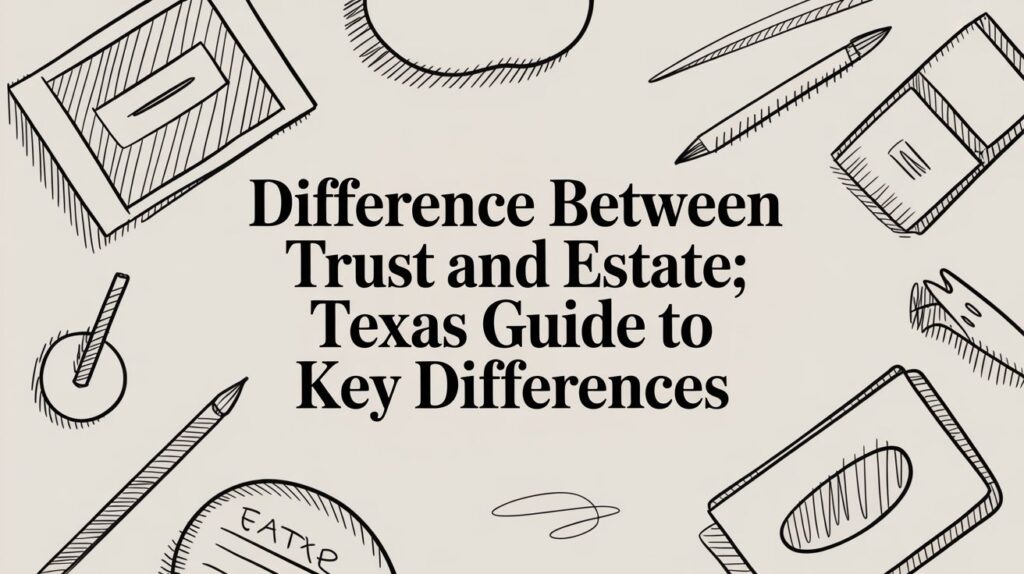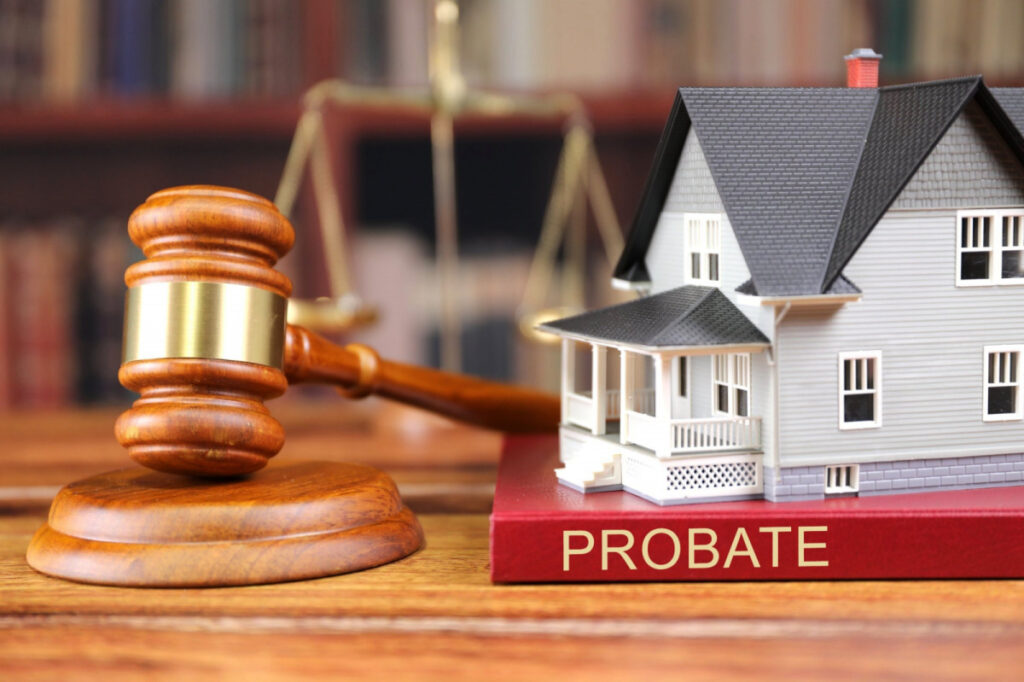If you’ve been named the executor of a loved one’s estate, you’re probably juggling grief, stress, and a laundry list of legal duties you never expected. It’s a big responsibility—and it can feel overwhelming if you don’t know where to begin. That’s why having an essential probate document checklist for executors is so important. Think of it as your map for navigating a complex legal landscape with clarity and confidence. With the right checklist, you can focus less on paperwork and more on honoring your loved one’s legacy.
This guide takes a conversational, story-driven look at everything you’ll need to gather and organize during the probate process. We’ll explore what documents are required, why they matter, and how each piece fits into the big picture. Whether you’re handling a modest estate or managing substantial assets, this probate document checklist for executors will help ensure nothing slips through the cracks. It’s the practical tool every executor wishes they had before starting the process.
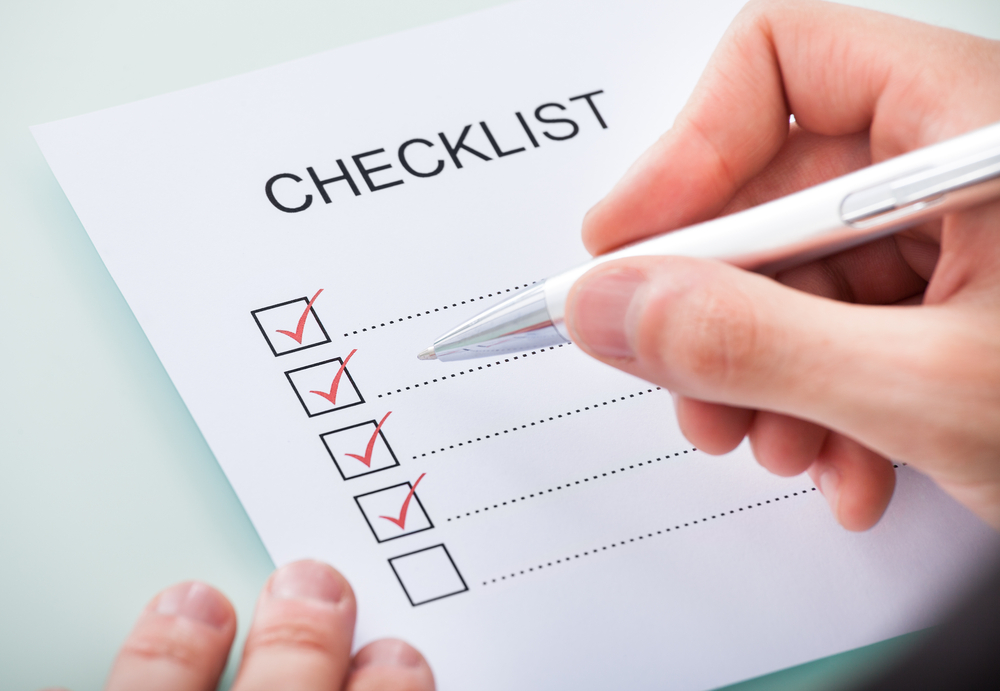
What Is Probate and Why Does It Matter?
The Legal Backbone of Settling an Estate
Probate is the court-supervised process of distributing a deceased person’s assets and paying off their debts. If there’s a will, probate ensures it’s valid and carried out correctly. If there’s no will, the court uses state laws (known as intestacy laws) to divide the estate.
As the executor, your job is to shepherd the estate through probate, making sure everything is done legally, ethically, and thoroughly. That process starts—and ends—with paperwork. The more prepared you are, the smoother the journey will be. Failing to follow proper procedure can delay the estate or even create legal liability.
That’s why this essential probate document checklist for executors is so valuable—it’s more than just a list; it’s your lifeline through the process. It turns a confusing and emotional experience into something manageable and clear.
Real-Life Story: How Emily Got It Right
When Emily’s mother passed away, she was named the executor in her mother’s will. At first, she had no clue what she was doing. But instead of guessing, she reached out to her county court, spoke with an estate attorney, and built her own probate document checklist.
Because Emily stayed organized, she filed her petitions on time, kept track of debts and distributions, and closed the estate in under 9 months. No family drama. No delays. Just closure.
That’s the power of preparation—and exactly what this guide is designed to help you achieve.
The Executor’s First Step: Getting the Death Certificate
Why It’s the Foundation of the Process
At the top of your probate document checklist for executors should be the death certificate. It’s the document you’ll need for nearly everything:
- Filing the will with the probate court
- Notifying banks and creditors
- Closing accounts
- Transferring property titles
- Accessing life insurance and retirement funds
You’ll want to order at least 10 certified copies from the funeral home or the vital records office in your state. Some agencies will keep a copy; others require an original. Better to have extras than get stuck waiting weeks for a new one.
The Will and Codicils
The Core Legal Document
The next item on your probate document checklist for executors is the original last will and testament. This document tells the court who the heirs are and what property goes to whom.
You’ll also need to collect any codicils—which are legal amendments to the original will. These can change who gets what, name a new executor, or cancel specific bequests.
The court will need the original, not a photocopy. If the original can’t be found, the court may presume it was intentionally revoked—unless you can prove otherwise.
Petition for Probate
Filing with the Court
To begin the probate process, you’ll need to submit a Petition for Probate (or Letters Testamentary in some states). This petition:
- Requests the court to validate the will
- Officially appoints you as executor
- Opens the probate case
This petition is typically filed with the probate clerk in the county where the decedent lived. Some jurisdictions also require a Notice of Petition to be sent to all named heirs and beneficiaries.
Don’t try to wing this part. Courts may reject incomplete or improperly formatted petitions. Use this essential probate document checklist for executors to stay on top of all filing requirements.
Executor’s Oath and Bond (If Required)
A Promise to Handle Things Properly
Depending on your state’s laws—and what the will says—you may need to:
- Sign an executor’s oath, swearing to faithfully carry out your duties
- Post a probate bond, which acts like insurance in case you mismanage the estate
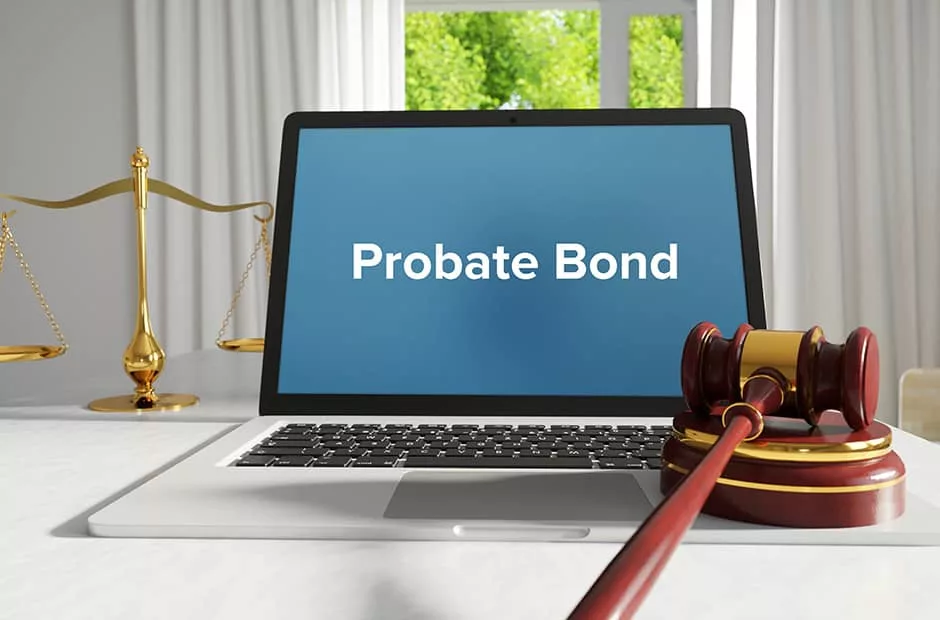
Some wills waive the bond requirement, especially if the executor is a family member. If not waived, expect to work with a bonding agency and possibly pay a fee based on the estate’s size.
This step can’t be skipped—without it, you might not be legally allowed to act on behalf of the estate.
Inventory and Appraisal Forms
Listing Everything the Estate Owns
Next on the probate document checklist for executors: the estate inventory. This detailed list includes:
- Bank accounts
- Investment portfolios
- Real estate
- Vehicles
- Jewelry, art, and collectibles
- Personal property
In many states, you’ll also need to file an appraisal report showing the fair market value of assets at the time of death.
This information helps the court determine estate taxes, creditor payments, and final distributions. Be thorough. Missing assets can delay probate or trigger legal disputes among heirs.
Creditor Notifications and Debts
Handling the Estate’s Financial Obligations
As executor, you’re responsible for identifying and notifying known creditors. You may also need to:
- Publish a notice to creditors in a local newspaper
- Keep a record of claims filed against the estate
- Pay valid debts from estate funds before distributing assets
The probate court will expect you to show that these steps were completed properly. Keep copies of letters, bills, and payment records to include in your probate document checklist for executors.
You should also review the decedent’s credit report and mail to spot debts that weren’t immediately obvious.
Tax Documents and Final Returns
The IRS Doesn’t Forget
Even after death, Uncle Sam wants his due. You’ll need to file:
- Final individual income tax return (Form 1040)
- Estate income tax return (Form 1041, if income is generated during probate)
- Federal estate tax return (Form 706, for estates over the exemption threshold)
Some states also have their own estate or inheritance taxes.
Don’t guess—work with a CPA or tax attorney to ensure accurate filings. Mistakes can cost the estate and cause delays. That’s why these forms are essential to your probate document checklist for executors.

Receipts and Releases from Beneficiaries
Documentation that You Did Your Job
Once debts are paid and court approvals are secured, you can begin distributing assets to heirs. But don’t just hand over checks—get it in writing.
Ask beneficiaries to sign:
- Receipts for assets received
- Waivers or releases stating they have no further claims against the estate
These documents protect you from future legal challenges and show the court you completed your role responsibly. Always keep copies in your executor file.
Petition for Final Distribution
Wrapping Up the Estate
Once everything’s been handled—debts, taxes, asset transfers—you’ll need to file a Petition for Final Distribution with the court. This document asks the court to:
- Approve your final accounting
- Officially close the estate
- Release you from further duties
Attach supporting documentation, including:
- A summary of all transactions
- Proof of creditor payments
- Signed receipts from beneficiaries
Submitting this is your final step in the probate process—and the last key item on your probate document checklist for executors.
Real-Life Story: Paul’s Near Disaster
Paul was the executor for his cousin’s estate. He didn’t keep good records, failed to notify one creditor, and never asked beneficiaries to sign receipts. When a disgruntled heir challenged the distribution, Paul had nothing to back up his actions.
The court froze the estate, required a forensic accountant to audit the transactions, and Paul ended up hiring a lawyer to defend himself.
All of this could have been avoided with an organized probate document checklist for executors. Don’t be like Paul.
Bonus Documents That Can Make Probate Easier
Optional But Helpful
In addition to the essentials, these documents can simplify your job:
- Power of Attorney (if used before death)
- Prepaid funeral or burial contracts
- Trust documents (for hybrid estates)
- Contact list of heirs and service providers
- Digital asset logins or passwords

Keeping these in your probate file—even if they aren’t court-required—can save you hours of confusion later.
Final Thoughts: Essential Probate Document Checklist for Executors
Probate is one of those things that sounds terrifying—until you get organized. With the right guidance and a solid plan, you can fulfill your role with confidence and integrity.
This essential probate document checklist for executors is your roadmap. It ensures that you’re prepared for every phase, from filing the first petition to closing out the estate.
Yes, it’s a lot. But you don’t have to do it alone. Talk to professionals when needed, double-check each step, and keep detailed records. When the time comes to hand in that final report, you’ll be glad you did it right.



